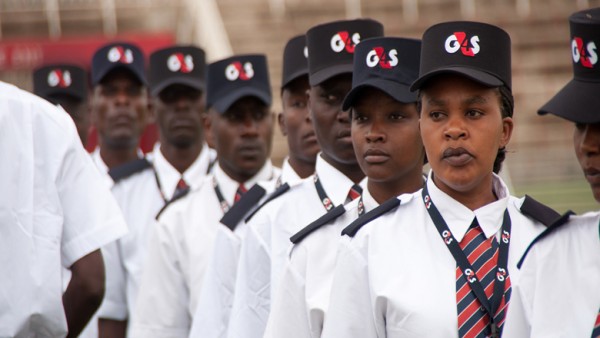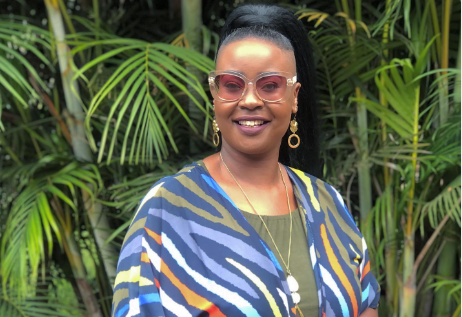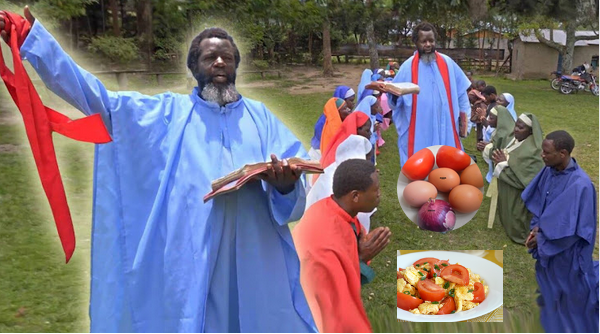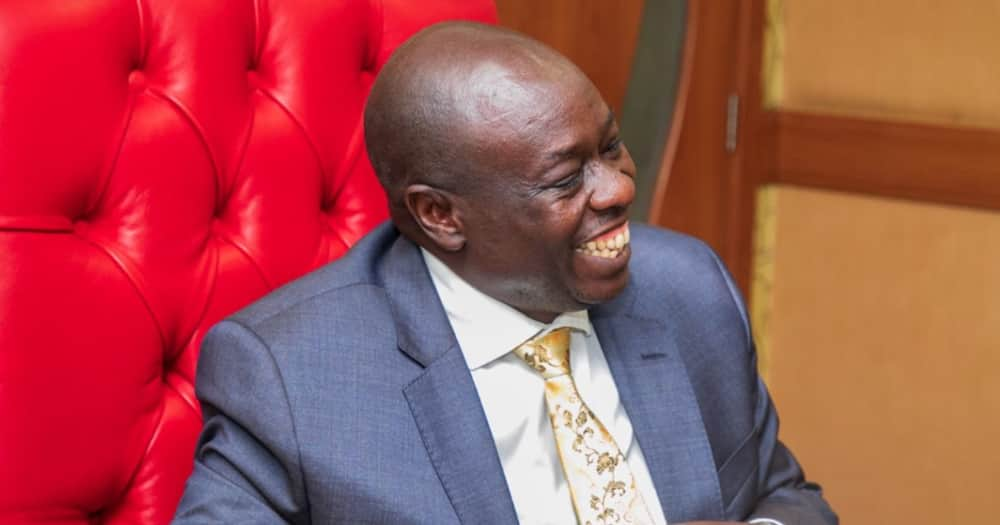To keep students in school, a teacher at Laikipia West’s Somutwo Primary School has been compelled to borrow money or spend his personal funds.
Chris Saidimu has been able to support students from low-income families in the dry county by selling eggs and chicken. The teacher went above and beyond by paying for the Standard Seven and Eight students’ tests.
After realizing that the majority of his students lacked the fundamental school supplies, Saidimu began the project and used his income to help the kids. This, however, was not even enough to keep the students going for a term.

The teachers created a project that would bring in money for him to help the students. Saidimu presented his idea to the headteacher of Somutwo Primary School, and the institution gave him a plot of land for his project.
He started a project to raise chickens in the hopes of making money and supporting the kids. Saidimu took advantage of the internet despite lacking in-depth understanding about chicken rearing.
The teacher started the project with loans from friends and his entire savings since he was so passionate about helping the underprivileged students.
“So with all the savings I had, a few loans and assistance from a few friends, I started Arid Poultry Farm in 2019. I hired labourers to set up the houses, bought feeds and feeding and watering troughs, and with empowering the community in mind, I bought 200 chickens from villagers,” stated Saidimu.
But after the advent of a viral disease reduced Saidimu’s flock to only five poultry a few months into the initiative, he experienced one of the project’s worst defeats.
“I had rushed into the project impulsively out of passion. I did not know chicken needed to be vaccinated, or even the existence of the vaccines. The outbreak hit us hard, and only five chicken survived out of the 200,” he explained.
But before Saidimu could leave the forest, the Covid-19 pandemic’s economic ramifications forced him to contend with skyrocketing chicken feed costs. The teacher was forced to find substitutes for the feeds, such as maize, which he obtained from the neighborhood.
He also purchased an incubator during this time, and he started raising chicks for both the farm and for sale. In order to solve the school’s ongoing water problem, Saidimu was able to drill a borehole using the money raised by the chicken initiative.
The project is used by students to learn, and it also benefits other local schools both directly and indirectly.
“They get to acquire entrepreneurial skills, and the proudest moments for me are when a student approaches me asking me to buy a chicken or eggs from them so that they can provide for themselves,” Saidimu explained.
“We also organise educational trips for the students, most of whom have never set foot outside this locality. When they travel and go to places like Thompson Falls in Nyahururu, they not only get to learn but also refresh and have fun, which is very important in their development.”

















